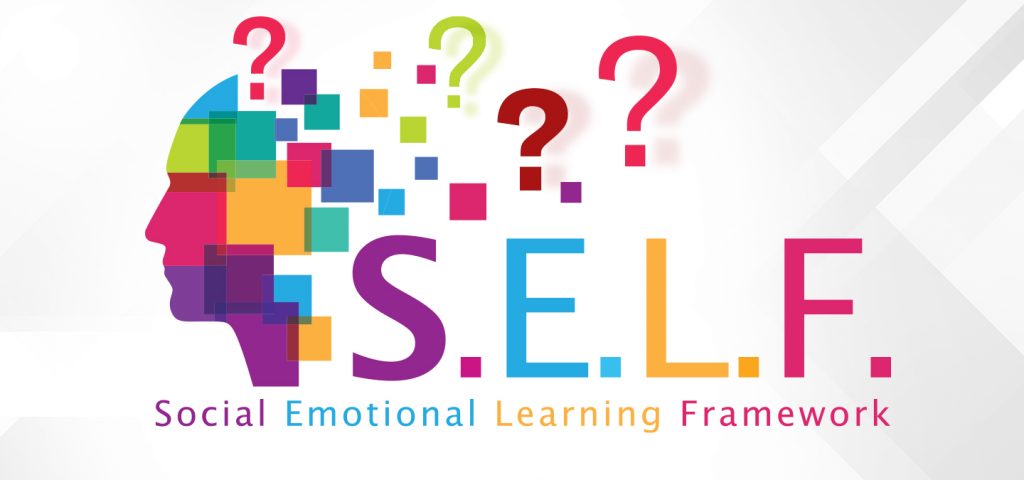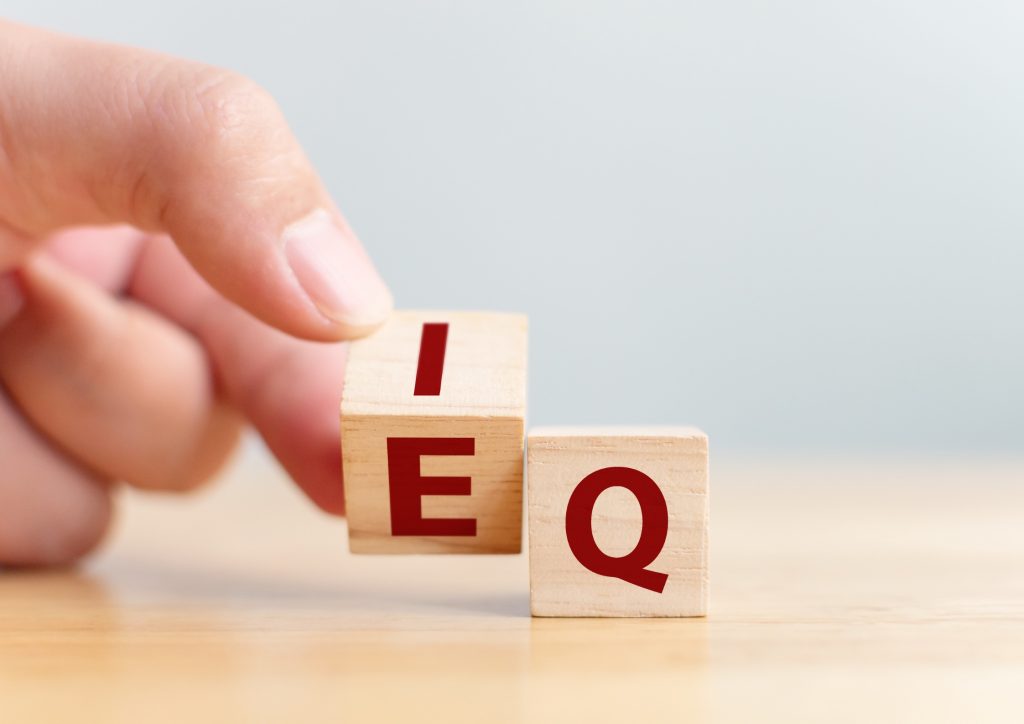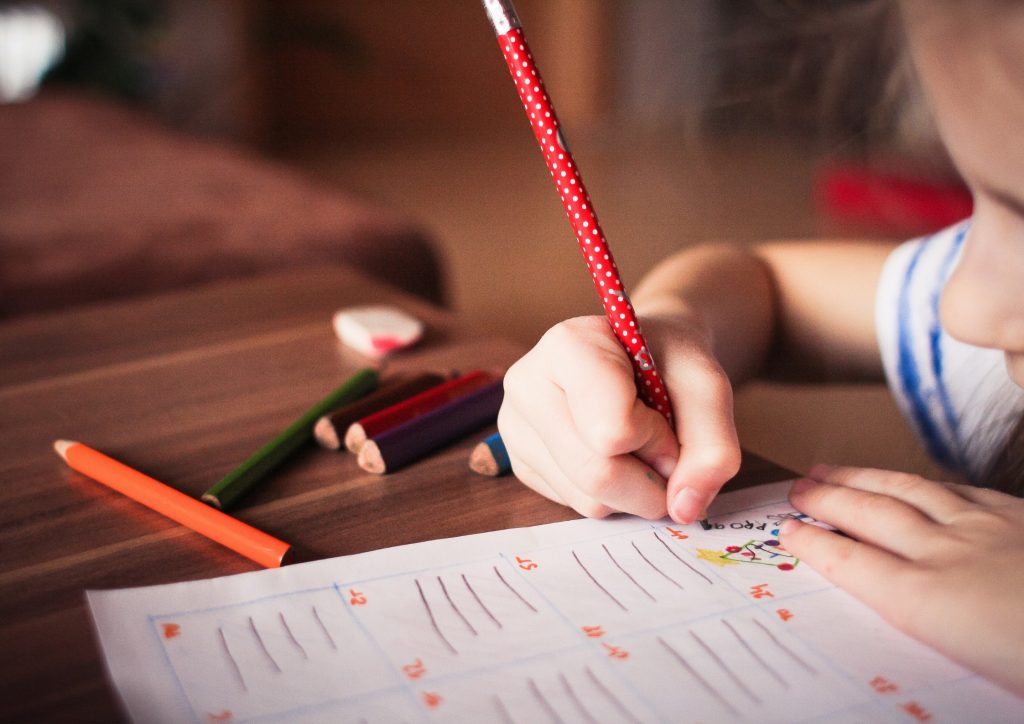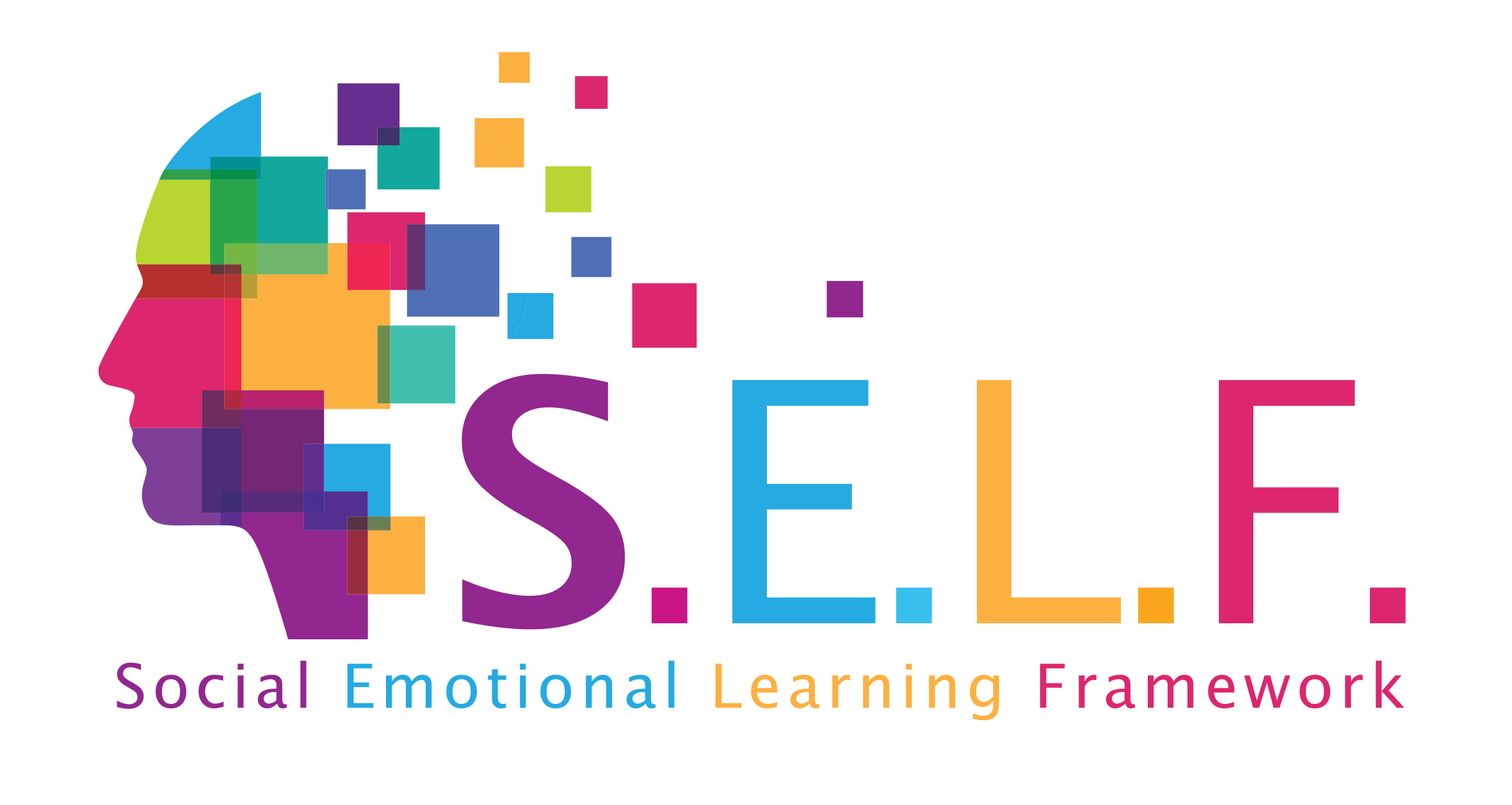WHAT IS SOCIAL EMOTIONAL LEARNING?
What Is Social-Emotional Learning?
Why Is SEL Important?
Best Practices
What Is Social-Emotional Learning?

What is Social-Emotional Learning?
Social-Emotional Learning is defined as “the process through which all children and adults acquire and apply the knowledge, skills, and attitudes to manage emotions, achieve personal and collective goals, understand other people’s feelings and show empathy, establish and maintain supportive relationships, and develop healthy identities”.(1) Social and Emotional Learning is generally seen as a process where individuals develop awareness and skills to manage emotions, set goals, build relationships, and make responsible decisions to support success at school and in life.(2)
Social-Emotional Development and Its Contribution to Academia:
Zins, Wang & Walberg (2004) state that social-emotional learning improves attitudes, behaviors, and performance. A general look indicates that social-emotional learning skills have positive influence such as the ability to self-motivate and be aware of the results of behaviors and take responsibility towards them as an individual; and the ability to unite and cooperate as a society.
In addition to the social field, Social-Emotional Learning has positive influence over academic field as well, in the following areas: positive attitudes toward learning; taking action and setting educational goals with greater academic motivation; active participation in the classroom activities; demonstrating prosocial (desired) behavior; increased attendance in courses; reduced dropouts; less involvement in delinquent behavior; and developing skills to cope with stress at school.
Moreover, it is observed to help improve maths, language, and social sciences skills; achieve higher scores in examinations and standards tests; improve learning skills; further improve problem solving and planning skills; use a higher level of reasoning strategy; and develop advanced reading skills.(3)
1 Casel. (2020). What is SEL. Retrieved from: https://casel.org/what-is-sel/
2 Göl-Güven, M. (2021). Çocuklukta sosyal ve duygusal öğrenme (p. 28-35). İstanbul: Yeni İnsan Publications.
3 Zins, J. E., Weissberg, R. P., Wang, M. C., & Walberg, H. J. (Eds.). (2004). Building academic success on social and emotional learning: What does the research say? Teachers College Press.
Why Is SEL Important?
 Social-Emotional Learning (SEL) skills can be taught to all age groups, starting from early years. When SEL programs are designed to include examples from day-to-day life and match with students’ age levels, they will help students quickly turn those skills into attitude and behavior.(2)
Social-Emotional Learning (SEL) skills can be taught to all age groups, starting from early years. When SEL programs are designed to include examples from day-to-day life and match with students’ age levels, they will help students quickly turn those skills into attitude and behavior.(2)
A look into how Socio-Emotional Skills impact Learning and Academic Skills indicates that the acquisition of such skills mitigate behaviors that may prevent learning. Based on the fact that there is a direct correlation between academic achievement and school climate, one can argue that a positive school climate is a primary factor that motivates students to engage in a lesson and focus on academic achievement. Ways of communication are open and healthier in a violence-free and inclusive school climate where students can achieve self-control. Healthy communication paves the way for the transfer and implementation of information.
Moreover, it strengthens the bond between the student and teacher/educator. Teachers’ supportiveness, respectfulness, and sincerity in the students eyes play an important role in students’ academic performance, motivation, and school engagement.(1)
While SEL skills support executive functions, numerous studies state that there is a significant correlation between children’s socio-emotional learning and executive functions. Such functions include sub-skills such as impulse control, attention shifting, planning, ability to start studying, and using active memory. Executive functions include the ability to anticipate the consequences of an action, curb impulse, deal with disappointment or frustration, make informed choices matching with a goal, and problem-solving skills. It is easier for students who can utilize executive functions to organize assignments, follow instructions, and maintain attention span when it comes to monotonous tasks.
SEL skills support learning by experience. Children’s ability to solve problems with practice, in-class drama events and plays, as well as presentations contribute to the development of these skills. Students who can express themselves comfortably in social settings, empathize and solve problems can participate in this process more actively.
Social and Emotional skills build the foundations of child development and must be incorporated into the curricula. A study that evaluates 61 educational investigations, 91 meta-analyses, and 179 chapters from books revealed that social and emotional factors are among the most important elements in students’ learning. This study emphasizes that a direct intervention in the psychological factors that influence learning is an effective way to change how much and how a student learns.
SEL skills facilitate a better understanding of subjects. Students develop their SEL skills, such as the ability to see things from others’ perspective, even further when they use these skills to understand the events covered in History courses, comprehend the stories covered in Turkish language courses, and relate to the experiences of people from different cultural backgrounds in Social Sciences courses.
(1) Duygular her yerde: Sosyal duygusal öğrenme ve akademik gelişim. (2015). http://www.sdoakademi.com/duygular-her-yerde-sosyal-duygusal-ogrenme-ve-akademik-gelisim/ adresinden erişildi.
(2) Uşaklı, H . (2017). SOSYAL DUYGUSAL ÖĞRENME NEDİR NEDEN ÖNEMLİDİR (İNSAN İLİŞKİLERİNDE BEŞ DUYGU ALANI) . Sinop Üniversitesi Sosyal Bilimler Dergisi , 1 (2) , 1-16. https://dergipark.org.tr/tr/pub/sinopusd/issue/32782/314566 adresinden erişilmiştir.
Best Practices
Socio-emotional learning is a lifelong learning process starting from early ages and continuing through adulthood. According to Casel (2017), teachers can develop students’ social-emotional learning skills in an effective way. The following is a set of exemplary practices to show how SEL skills can be supported: (1)
 a-) Self-awareness practices
a-) Self-awareness practices
Discuss emotions that suit their age. Discuss the physical clues that make students feel happy, angry, upset, etc.
Write some scenarios to talk about how students may feel in different situations.
Create some class activities that help students define their feelings. How would you feel when your favorite toy is broken? How would you feel if your friend gets ill?
b-) Self-management practices
Select a spot in the classroom to support individual self-management. Example: A quiet corner, relaxation corner.
Start a dialogue with open-ended questions so that children can manage their emotional awareness before deciding to attend to a certain situation.
Create activities that match students’ age level and inspire them to express their feelings. “Depict” the emotions by painting, dancing, writing, and role-playing.
c-) Social awareness practices
Talk about how some characters from a certain story studied feel and/or why they behave the way they do.
Come up with definitions on how they feel based on the characters’ facial expressions on pictures that portray emotional expressions.
Talk periodically about how other people feel in different settings.
d-) Practices for relationship skills
Be a role model to practice social skills and talk about them. Things to talk about may include meeting someone, starting or ending a conversation, etc.
Practice expressions of kindness throughout the day.
Launch projects to raise awareness of social issues and give the students the opportunity to undertake projects that can contribute to the society.
e-) Responsible decision-making practices
Review problem-solving steps and talk about why each step is important.
Assist the children in their decision-making process and formalize the process through tangible steps appropriate for their age. These may include the following: “Stop, calm down, think, identify the problem, go through your options, take a step, re-evaluate, etc.”
